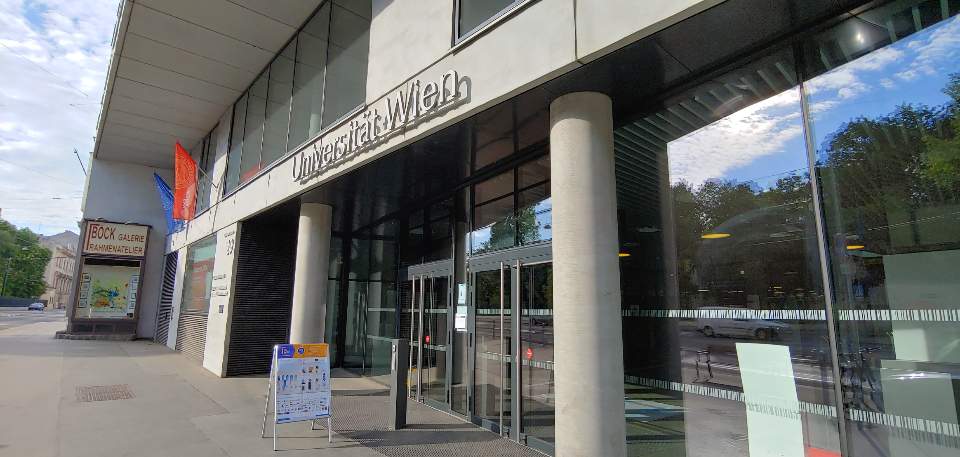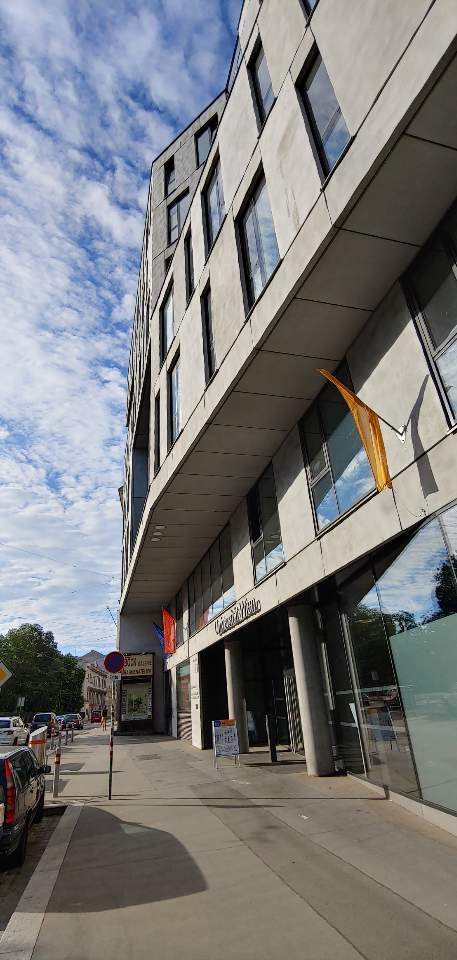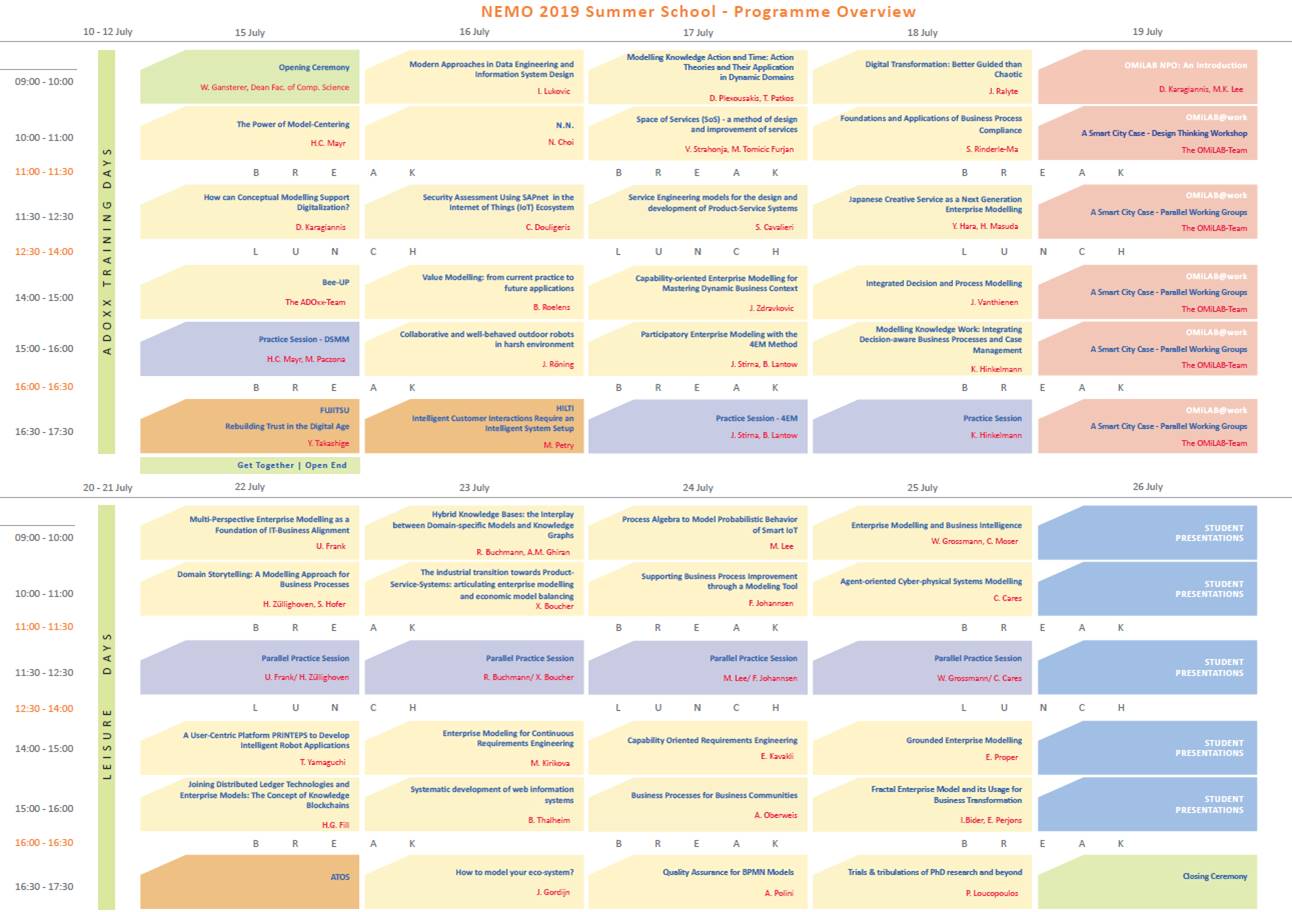
Hybrid Knowledge Bases: the Interplay between Domain-specific Models and Knowledge Graphs
Prof. Dr. Robert Buchmann, Dr. Ana Maria Ghiran, Babes-Bolyai University, Romania
Abstract
The interplay between Knowledge Graphs and Domain-specific Modelling Languages was traditionally concerned with the challenge of "ontological commitment" - i.e., checking the ontological qualities of a language in order to enforce coherence and consistency in model contents. An alternative approach to coupling the two knowledge representation approaches will be promoted by this lecture, motivated by pragmatic requirements of externalizing and combining both human-readable and machine-readable representations, thus giving a novel interpretation to the seminal SECI knowledge conversion cycle. Agile modelling languages are treated here as schemas for knowledge that is amenable to linking, reasoning and publishing with the help of semantic technology - i.e., RDF graph databases, OWL axioms, SPARQL queries and endpoints. The presentation highlights benefits of combining the Agile Modelling Method Engineering Framework with the Resource Description Framework in order to build novel knowledge acquisition methods. The lecture will present results derived from applying and refining this idea in the ComVantage FP7 EU project and the EnterKnow PED Romanian research project, taking it to the point where it may inspire a novel "model-aware" software engineering method.
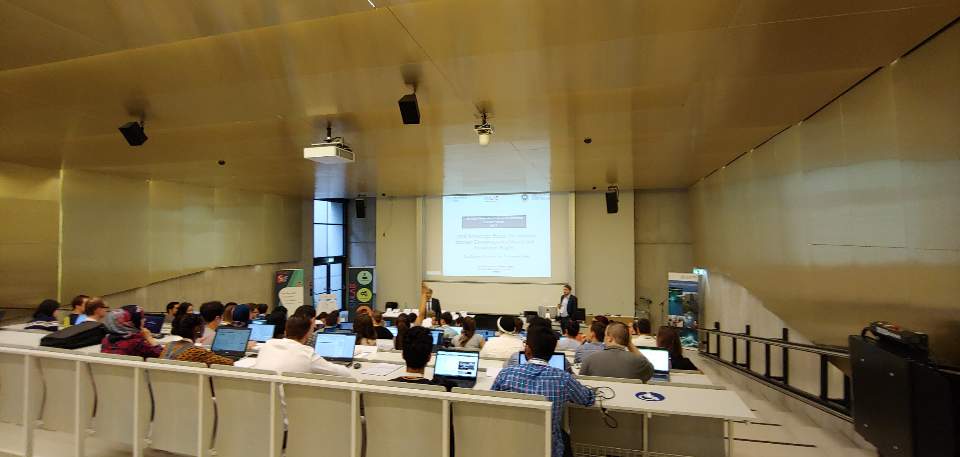
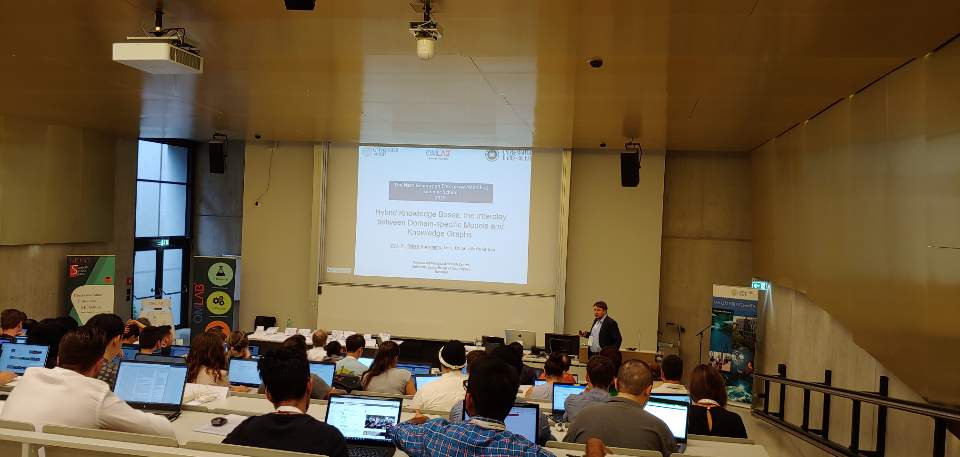
The industrial transition towards Product-Service-Systems: articulating enterprise modelling and economic model balancing
Prof. Dr. Xavier Boucher, EMSE, France
Abstract
The current industrial transition towards Factories of the Future (FoF) implies strong transformation of enterprise Business Models within the manufacturing sector. Product Service Systems are a key component of this transition, and contribute to renovate both the underlying enterprise models and the needs of enterprise engineering tools. The objective of the lecture is to articulate the overall needs of transition towards FoF with the requirements for innovative conceptual modelling approaches and new enterprise engineering methods and tools. The lecture will first give a synthetic insight on PSS within the context of FoF, to make possible for the audience to understand the key concepts of PSS and key industrial needs for developing innovative enterprise modelling and engineering solutions. The second part of the lecture articulate two dimensions of Enterprise engineering: an advanced modelling method dedicated to support PSS design and engineering (based on a PSS-oriented meta-model) and a decision-making approach for PSS economic-model balancing.
Enterprise Modeling for Continuous Requirements Engineering
Prof. Marite Kirikova, Riga Technical University, Latvia
Abstract
In the era of global economy and frequent changes, the information systems development also faces the need for continuous realignment with the business processes and systems. Continuous development, continuous delivery, and continuous engineering have become common notions in contemporary systems development language. In this context, right requirements still are the key of project success; however the methods for their engineering must adhere to challenges and possibilities of enterprise digitalization levels. One of the opportunities that are provided by enterprise modeling tools is the possibility to utilize enterprise models in requirements engineering. FREEDOM framework is one of the means for structured and purposeful usage of As-Is and To-Be enterprise models for requirements engineering in different project types and enterprises.
Systematic development of web information systems
Prof. Dr. Bernhard Thalheim, Christian-Albrechts-Universität zu Kiel, Germany
Abstract
The course presents essential elements for development of data-intensive websites. It is based on a language for front-end specification of web information systems, called storyboarding. It covers syntactics, semantics and pragmatics of WIS, introduces sophisticated concepts for conceptual modelling, provides integrated foundations for all these concepts and integrates all these concept into the co-design method for systematic WIS development. Website specification is also supported as an ADOxx add-on. This language has been applied in three-score website projects for large e-business, infotainment, community, e-governemnt, edutainment (often called e-learning), and identity websites. The course describes the research of the Cottbus and Kiel teams over more than two decades on an end-to-end methodology for the design and development of WIS.
How to model your eco-system?
Prof. Dr. Jaap Gordijn, Vrije Universiteit Amsterdam, The Netherlands
Abstract
An eco-system comprises a network enterprises and their customers, offering each other valuable services and/or products. How do we develop such eco-systems in a model-based way. We discuss an approach, called e3value that designs and describe eco-systems with models of increasing complexity. The method will be explained by means of a series of case studies.


